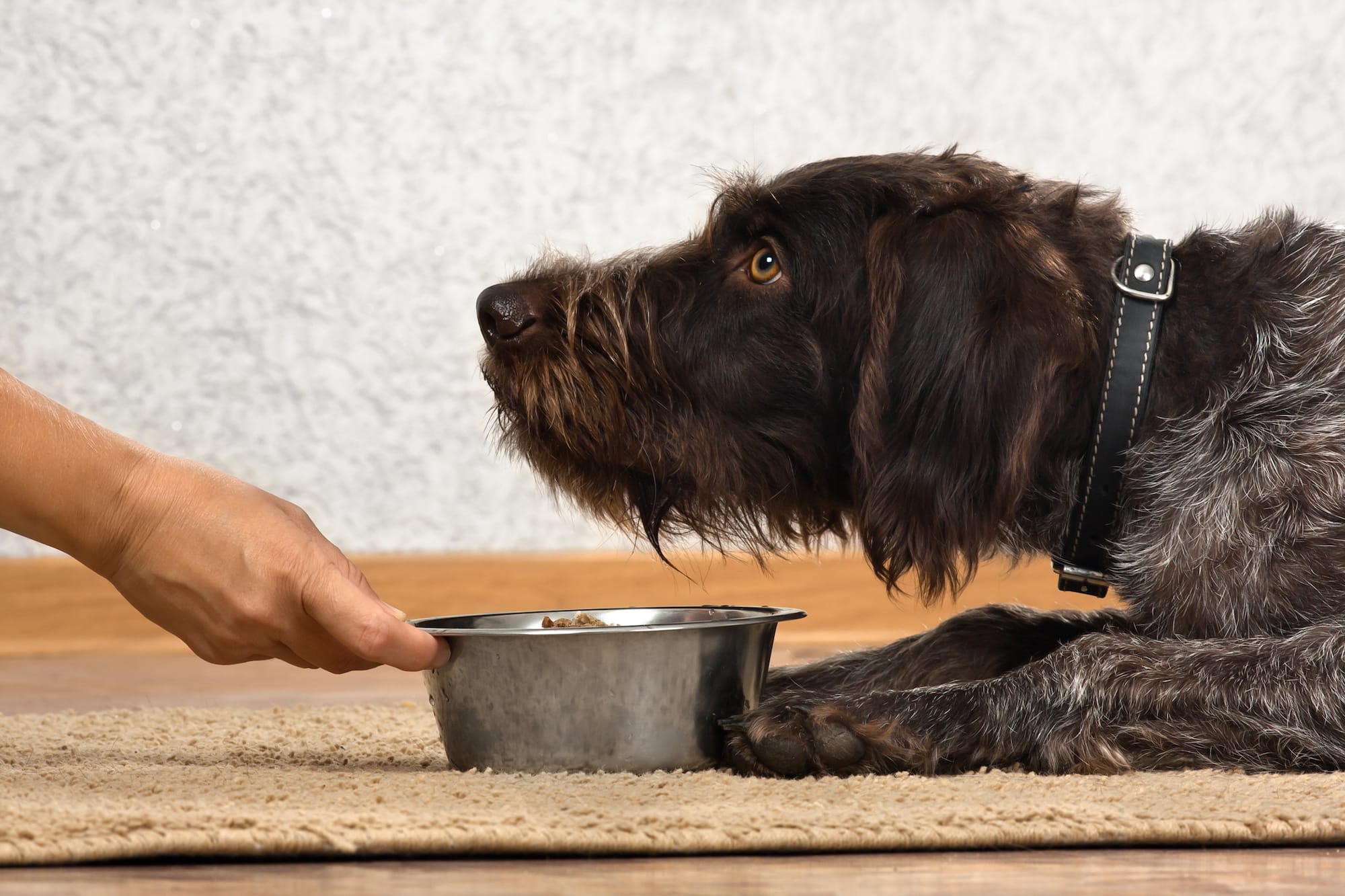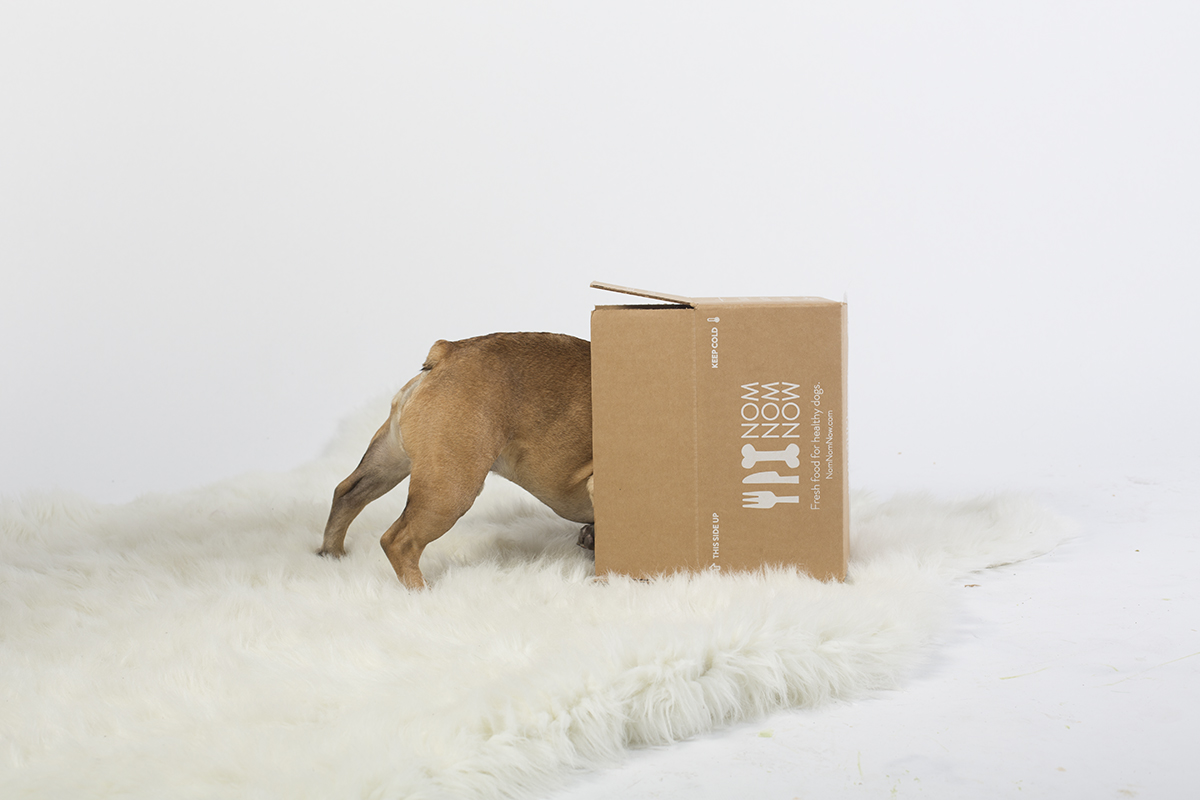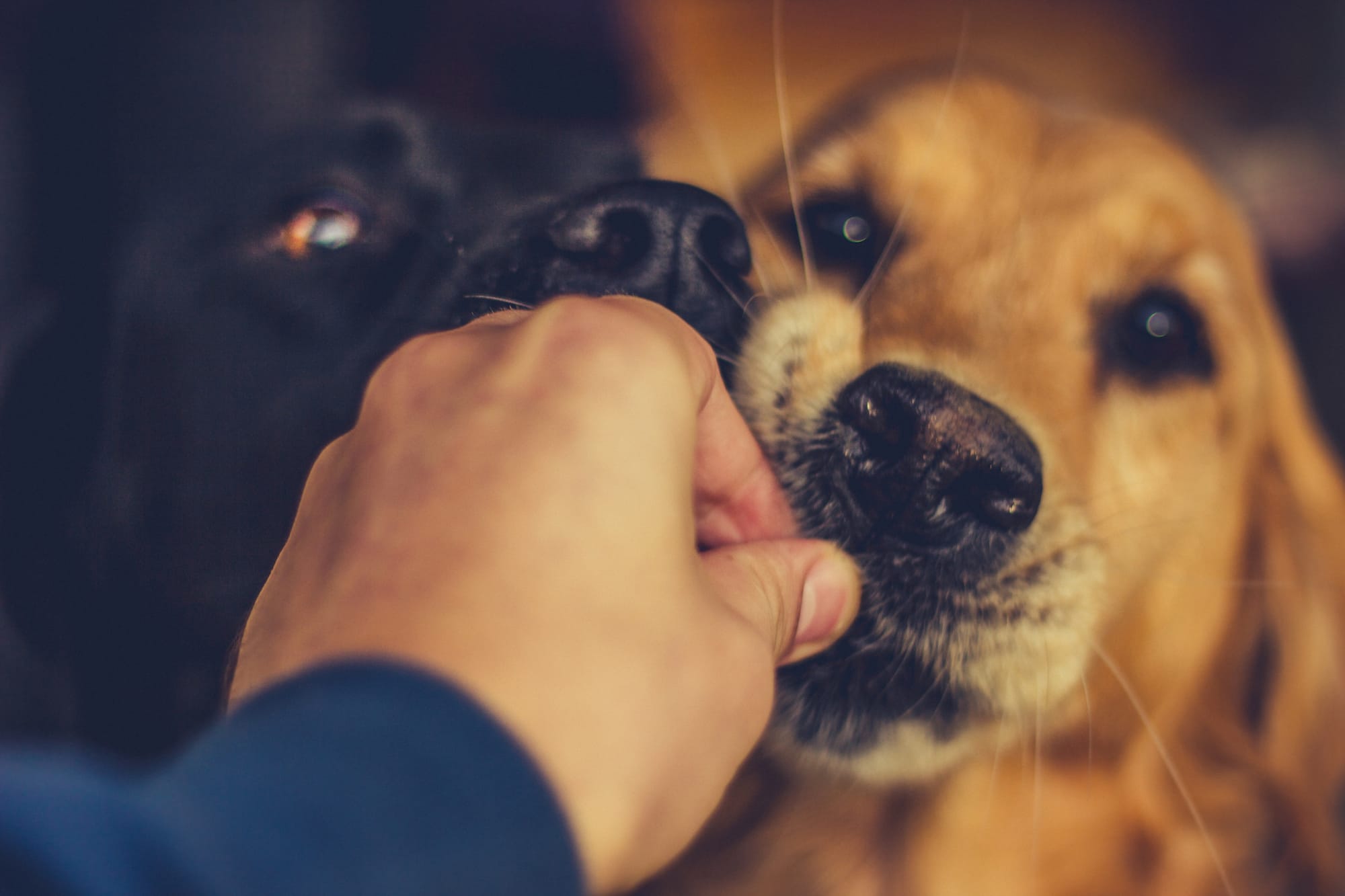Learn : Food & Nutrition
Is My Dog Sick of Their Food?
We’ve talked about some of the reasons dogs skip meals or refuse to eat, but is it possible your dog could just be sick of their food?
The short answer: It’s not likely that your dog has grown sick of their food, but there may be something else going on.
What’s taste got to do with it?
Dogs don’t experience food the same way humans do. While people easily get bored of food, dogs have only a fraction of the taste buds humans have, which means they don’t crave new tastes the same way people do.
However, their sense of smell is way more powerful than ours, which is why they focus more on the scent of food than the taste.
This is part of what makes a fresh diet so much more palatable and healthy for dogs. The wholesome, fresh ingredients smell better naturally, without the sprayed-on animal fat that is necessary to make traditionally manufactured dry kibble appealing.
The novelty factor
Dogs are drawn to novelty when given the choice. Unlike their wolf ancestors, who are more cautious around new objects in their environment, dogs have evolved to adapt to changes.
That’s part of what makes them ideal house pets. They like to explore their environments and seek out new things, which means when you give your dog a new option, he’s more likely to opt for it over the old choice.
When you replace your dog’s food under the assumption that they are sick of their food, you may be unwittingly encouraging your dog’s picky behavior. Your dog will naturally get excited about the new option and eat it enthusiastically, and so you may conclude that a new food solved the problem.
But dogs are intelligent and capable of manipulating their humans as well as other dogs, so this process is liable to be repeated over and over again. The responsibility to break the cycle falls entirely on the human.
What to do instead
The next time your dog refuses a meal, don’t conclude that they’re bored with their food and rush out to buy a new flavor. First, examine them to rule out any possible health reasons for their refusal. Then withhold any food or treats until the next scheduled mealtime.
When it’s time for them to eat, offer them a normal portion of their regular food. Although fresh is always best, if the food is dry, you can try to make it taste a little better by adding a bit of warm water to it, which will help release extra aroma. You can also try adding a topping or flavor flakes.
Allow your dog up to thirty minutes to eat, then remove the bowl. Repeat this process at the next mealtime, until they get the idea that they need to eat what’s offered when it’s offered. It is your responsibility as the human to set the expectation for your dog’s behavior.
Dogs that have learned they can manipulate their humans into giving them new food may take longer to realize that their old tricks will not work. But if you stick with it, your dog will eventually come around, especially with some new tricks up your sleeve.



 Dog Is A Picky Eater
Dog Is A Picky Eater
 Why Is My Dog Refusing Dinner?
Why Is My Dog Refusing Dinner?
 Ways to Help My Resource Guarding Dog at Mealtime
Ways to Help My Resource Guarding Dog at Mealtime
 Myths About Dog Starvation
Myths About Dog Starvation